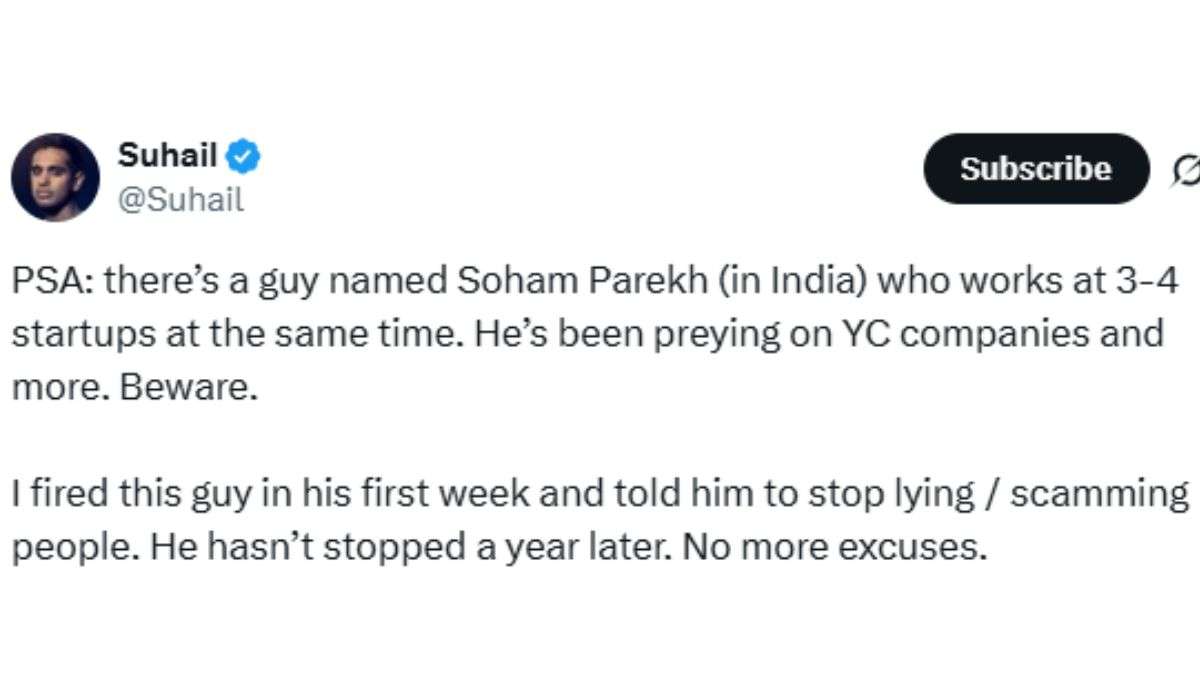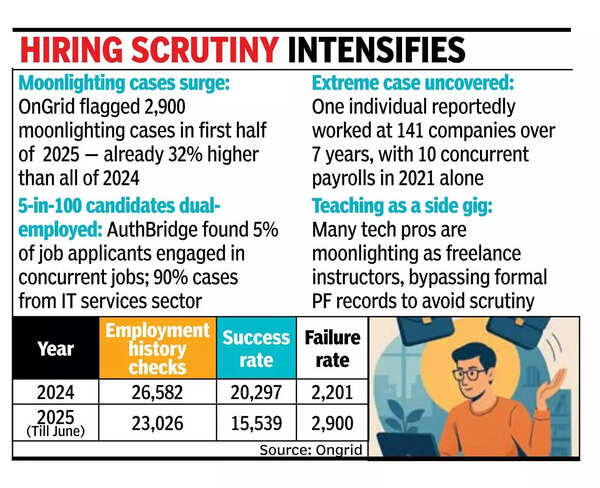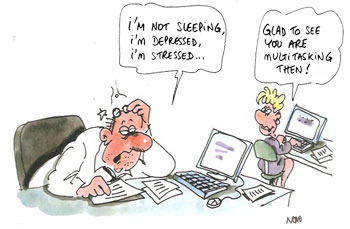Introduction
Ever found yourself scrolling LinkedIn at midnight, plotting a side hustle? Congratulations: you might be a moonlighter. But why do we take on extra gigs under the glow of the metaphorical moon—and what does psychology say about this increasingly common trend?
Read More- Burn Out and Mental Health
What Is Moonlighting, Really?
Moonlighting refers to working a second (often secret) job outside of your main employment. This side hustle can range from freelance design to selling handmade dog bowties on Etsy. According to a 2022 Pew Research Center survey, 16% of U.S. adults have earned money through gig platforms—a modern spin on traditional moonlighting (Pew Research Center, 2022).

The Psychology of Moonlighting
Some psychological reasons behind it include-
- Identity & Passion
Psychologists argue that it helps people express identities that their day job can’t fulfill. Carl Jung’s theory of individuation suggests humans strive for self-actualization (Jung, 1959). A marketing analyst by day might moonlight as a stand-up comic because it scratches the creative itch their spreadsheets don’t. - Financial Anxiety
Moonlighting can also be a defense against economic insecurity—especially among millennials and Gen Z, who came of age during economic crises (Pew, 2022). Behavioral economics shows that income volatility increases anxiety, and it helps mitigate this uncertainty (Shapiro, 2014). - Thrill of the Forbidden
Some moonlighters love the secret nature of it. Psychologists call this the “forbidden fruit effect,” where perceived risk makes activities more appealing (Bushman & Stack, 1996). Sneaking a gig against company policy can ironically make it more satisfying—like eating cake when you’re on a diet. - Need for Autonomy
Self-Determination Theory (Deci & Ryan, 1985) says humans crave autonomy—control over their lives. Moonlighting gives people agency outside rigid corporate hierarchies.

Real-Life Moonlighting Moments
- Albert Einstein worked as a patent clerk while developing the theory of relativity. Moonlighting literally changed physics.
- Harrison Ford was a carpenter on the side before landing Han Solo in Star Wars.
- Many teachers moonlight as tutors, ride-share drivers, or sell crafts online—not just for cash but for creativity.
The Risks
- Burnout: Overwork can increase stress and reduce productivity in both jobs (Maslach et al., 2001).
- Conflict of Interest: Some employers have strict anti-moonlighting clauses. Getting caught can mean getting fired.
- Work-Life Balance: Moonlighting can squeeze time for relationships, rest, or just doing nothing—which psychologists agree is vital for mental health (Kabat-Zinn, 1990).

Conclusion
Moonlighting isn’t just about money; it’s a psychological playground for passion, purpose, and sometimes a pinch of rebellion. If you’re thinking of adding a night job, remember: follow your dreams, but also your HR handbook.
References
Bushman, B. J., & Stack, A. D. (1996). Forbidden fruit versus tainted fruit: Effects of warning labels on attraction to television violence. Journal of Experimental Psychology: Applied, 2(3), 207–226.
Deci, E. L., & Ryan, R. M. (1985). Intrinsic Motivation and Self-Determination in Human Behavior. Springer.
Jung, C. G. (1959). The Archetypes and the Collective Unconscious. Princeton University Press.
Kabat-Zinn, J. (1990). Full Catastrophe Living. Bantam Dell.
Maslach, C., Schaufeli, W. B., & Leiter, M. P. (2001). Job burnout. Annual Review of Psychology, 52, 397–422.
Pew Research Center. (2022). The State of Gig Work in 2022. Retrieved from pewresearch.org
Shapiro, J. M. (2014). Raising the Floor: How a Universal Basic Income Can Renew Our Economy and Rebuild the American Dream. Economics & Finance Review.
Subscribe to PsychUniverse
Get the latest updates and insights.
Join 3,045 other subscribers!
Niwlikar, B. A. (2025, July 5). What is Moonlighting and 4 Important Reasons Why People Are Compelled To Do It. PsychUniverse. https://psychuniverse.com/moonlighting/



